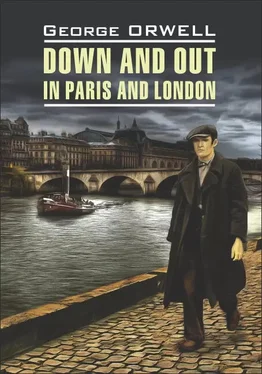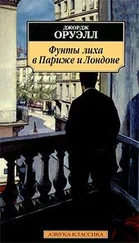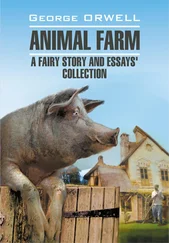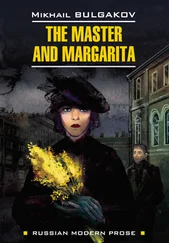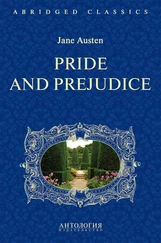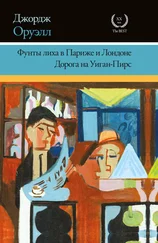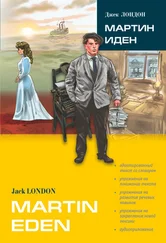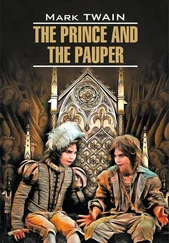There were plenty of other people who lived lives just as eccentric as these: Monsieur Jules, the Roumanian, who had a glass eye and would not admit it, Furex the Liniousin stonemason, Roucolle the miser – he died before my time, though – old Laurent the rag-merchant, who used to copy his signature from a slip of paper he carried in his pocket.
It would be fun to write some of their biographies, if one had time [11] if one had time – (разг.) было бы время
. I am trying to describe the people in our quarter, not for the mere curiosity, but because they are all part of the story. Poverty is what I am writing about, and I had my first contact with poverty in this slum. The slum, with its dirt and its queer lives, was first an object-lesson in poverty, and then the background of my own experiences. It is for that reason that I try to give some idea of what life was like there.
Life in the quarter. Our bistro , for instance, at the foot of the Hôtel des Trois Moineaux. A tiny brick-floored room, half underground, with wine-sodden tables, and a photograph of a funeral inscribed ‘ Crédit est mort [12] Crédit est mort – (фр.) Кредит умер
’; and red-sashed workmen carving sausage with big jack-knives; and Madame F., a splendid Auvergnat peasant woman with the face of a strong-minded cow, drinking Malaga all day ‘for her stomach’; and games of dice for apéritifs ; and songs about ‘ Les Fraises et les Framboises [13] Les Fraises et les Framboises – (фр.) Клубника и малина
’, and about Madelon, who said, ‘ Comment épouser un soldat, moi qui aime tout le régiment ? [14] Comment épouser un soldat, moi qui aime tout le régiment? – (фр.) Зачем выходить замуж за солдата, когда я люблю весь полк?
’; and extraordinarily public love-making. Half the hotel used to meet in the bistro in the evenings. I wish one could find a pub in London a quarter as cheery.
One heard queer conversations in the bistro . As a sample I give you Charlie, one of the local curiosities, talking.
Charlie was a youth of family and education who had run away from home and lived on occasional remittances. Picture him very pink and young, with the fresh cheeks and soft brown hair of a nice little boy, and lips excessively red and wet, like cherries. His feet are tiny, his arms abnormally short, his hands dimpled like a baby’s. He has a way of dancing and capering while he talks, as though he were too happy and too full of life to keep still for an instant. It is three in the afternoon, and there is no one in the bistro except Madame F. and one or two men who are out of work; but it is all the same to Charlie whom he talks to, so long as he can talk about himself. He declaims like an orator on a barricade, rolling the words on his tongue and gesticulating with his short arms. His small, rather piggy eyes glitter with enthusiasm. He is, somehow, profoundly disgusting to see.
He is talking of love, his favourite subject.
‘ Ah, l’amour, l’amour! ah, que les femmes m’ont tué! [15] Ah, l’amour, l’amour! ah, que les femmes m’ont tué! … messieurs et dames – (фр.) Ах, любовь, любовь! Ах, женщины меня убили! … дамы и господа
Alas, messieurs et dames 1, women have been my ruin, beyond all hope my ruin. At twenty-two I am utterly worn out and finished. But what things I have learned, what abysses of wisdom have I not plumbed! How great a thing it is to have acquired the true wisdom, to have become in the highest sense of the word a civilized man, to have become raffiné, vicieux ,’ etc. etc.
‘ Messieurs et dames , I perceive that you are sad. Ah, mais la vie est belle [16] Ah, mais la vie est belle – (фр.) Но ведь жизнь так прекрасна
– you must not be sad. Be more gay, I beseech you!
‘Fill high ze bowl vid Samian vine,
Ve vill not sink of semes like zese!
‘ Ah, que la vie est belle! listen , messieurs et dames , out of the fullness of my experience I will discourse to you of love. I will explain to you what is the true meaning of love – what is the true sensibility, the higher, more refined pleasure which is known to civilized men alone. I will tell you of the happiest day of my life. Alas, but I am past the time when I could know such happiness as that. It is gone for ever – the very possibility, even the desire for it, are gone.
‘Listen, then. It was two years ago; my brother was in Paris – he is a lawyer – and my parents had told him to find me and take me out to dinner. We hate each other, my brother and I, but we preferred not to disobey my parents. We dined, and at dinner he grew very drunk upon three bottles of Bordeaux. I took him back to his hotel, and on the way I bought a bottle of brandy, and when we had arrived I made my brother drink a tumblerful of it – I told him it was something to make him sober. He drank it, and immediately he fell down like somebody in a fit, dead drunk. I lifted him up and propped his back against the bed; then I went through his pockets. I found eleven hundred francs, and with that I hurried down the stairs, jumped into a taxi, and escaped. My brother did not know my address – I was safe.
‘Where does a man go when he has money? To the bordels , naturally. But you do not suppose that I was going to waste my time on some vulgar debauchery fit only for navvies? Confound it, one is a civilized man! I was fastidious, exigeant, you understand, with a thousand francs in my pocket. It was midnight before I found what I was looking for. I had fallen in with a very smart youth of eighteen, dressed en smoking [17] en smoking – (фр.) в смокинг
and with his hair cut à l’americaine [18] à l’americaine – (фр.) по-американски
, and we were talking in a quiet bistro away from the boulevards. We understood one another well, that youth and I. We talked of this and that, and discussed ways of diverting oneself. Presently we took a taxi together and were driven away.
‘The taxi stopped in a narrow, solitary street with a single gas-lamp flaring at the end. There were dark puddles among the stones. Down one side ran the high, blank wall of a convent. My guide led me to a tall, ruinous house with shuttered windows, and knocked several times at the door. Presently there was a sound of footsteps and a shooting of bolts, and the door opened a little. A hand came round the edge of it; it was a large, crooked hand, that held itself palm upwards under our noses, demanding money.
‘My guide put his foot between the door and the step. “How much do you want?” he said.
‘ “A thousand francs,” ’ said a woman’s voice. “Pay up at once or you don’t come in.”
‘I put a thousand francs into the hand and gave the remaining hundred to my guide: he said good night and left me. I could hear the voice inside counting the notes, and then a thin old crow of a woman in a black dress put her nose out and regarded me suspiciously before letting me in. It was very dark inside: I could see nothing except a flaring gas-jet that illuminated a patch of plaster wall, throwing everything else into deeper shadow. There was a smell of rats and dust. Without speaking, the old woman lighted a candle at the gas-jet, then hobbled in front of me down a stone passage to the top of a flight of stone steps.
‘ “ Voilà! [19] Voilà! – (фр.) Так
” she said; “go down into the cellar there and do what you like. I shall see nothing, hear nothing, know nothing. You are free, you understand – perfectly free.” ’
Читать дальше
